Certainly! Here are 10 Most Uneducated Presidents In The World who achieved remarkable success despite not having formal college degrees:
Winston Churchill
Winston Churchill, born on November 30, 1874, at Blenheim Palace in Oxfordshire, England, was a remarkable British statesman, orator, and author. His legacy is deeply intertwined with pivotal moments in history, particularly during World War II. Let’s delve into the life of this influential figure:
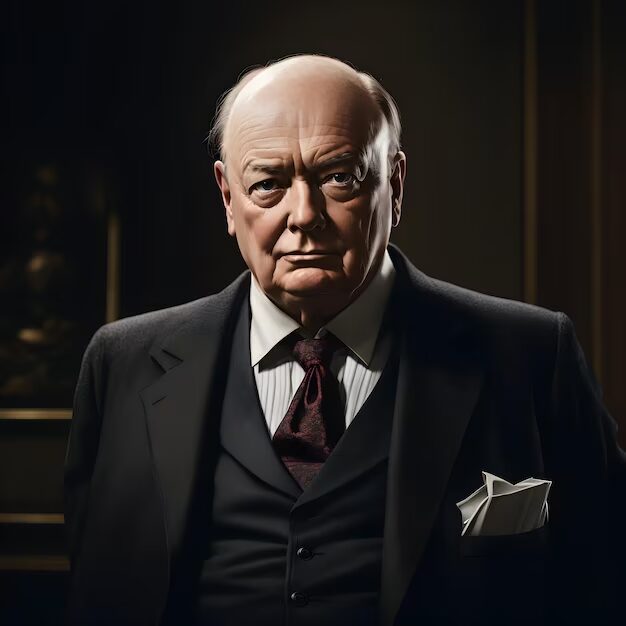
- Early Years and Rise to Prominence:
- Before World War I, Churchill experienced a sensational rise in national politics. He gained prominence as a Tory politician.
- Despite erratic judgment during the war itself and the subsequent decade, he remained politically suspect.
- However, his response to Adolf Hitler’s challenge catapulted him into leadership. In 1940, he led a national coalition as Prime Minister, rallying the British people during the darkest days of the war.
- World War II Leadership:
- As Prime Minister from 1940 to 1945, Churchill played a pivotal role in shaping the course of World War II.
- His indomitable spirit and powerful speeches inspired the British population, leading them from the brink of defeat to eventual victory.
- Alongside Franklin D. Roosevelt and Joseph Stalin, he influenced Allied strategy during the war.
- Post-War Era and Soviet Threat:
- After the breakdown of the wartime alliance, Churchill raised awareness about the expansionist threat posed by the Soviet Union.
- His leadership extended beyond the war, and he continued to be a prominent voice in global affairs.
- Later Years and Ill Health:
- In 1951, Churchill led the Conservative Party back to office and served as Prime Minister until 1955.
- His tenure ended due to ill health, but his impact on British history remains enduring.
- Heritage and Bloodline:
- Churchill’s lineage connected him to both English-speaking peoples. His father, Lord Randolph Churchill, was directly descended from John Churchill, 1st Duke of Marlborough, a hero of wars against Louis XIV of France in the early 18th century
Winston Churchill’s legacy as a statesman, writer, and wartime leader continues to resonate, reminding us of the power of resilience and determination in the face of adversity. That why he is part of the10 Most Uneducated Presidents In The World
Jayalalithaa Jayaram
Jayalalithaa Jayaram, born on February 24, 1948, was a multifaceted Indian personality who seamlessly transitioned from the world of cinema to the realm of politics. Let’s explore her remarkable journey:
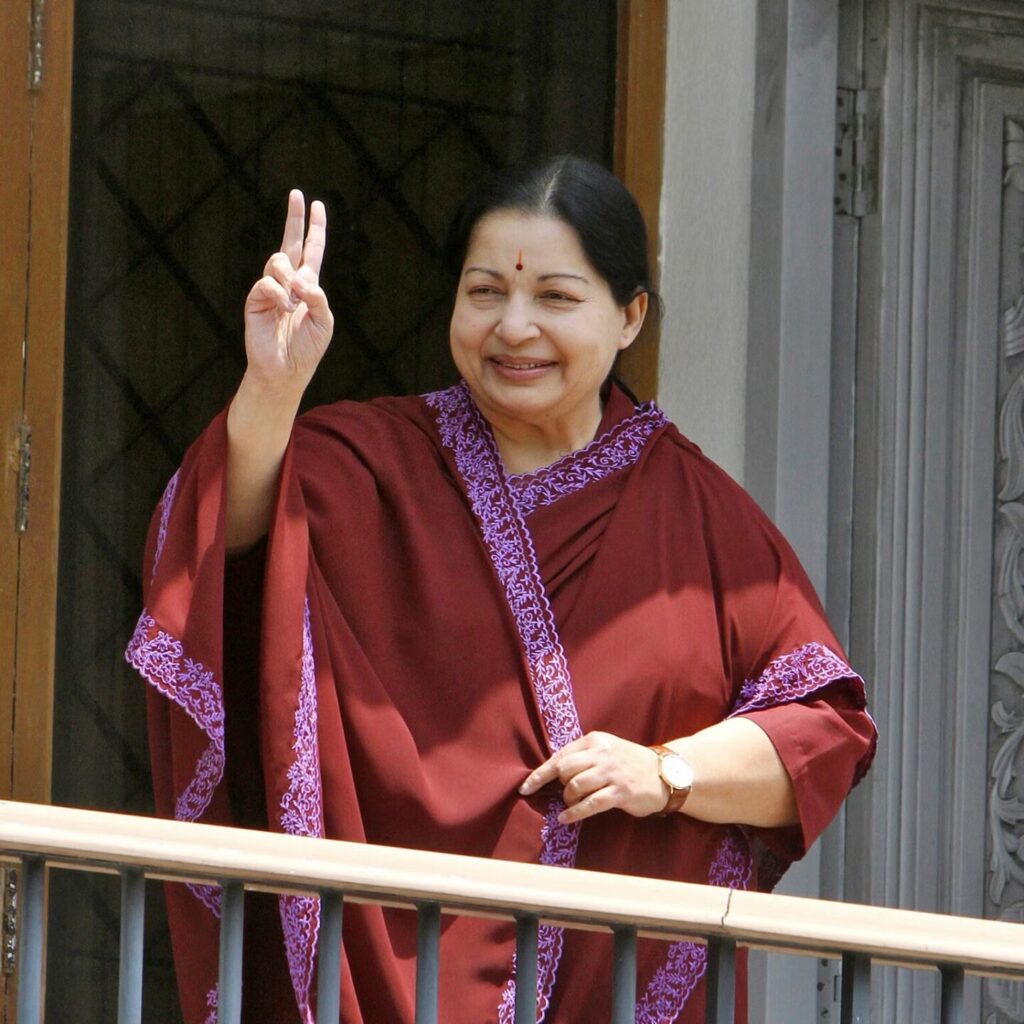
- Acting Career and Artistic Talents:
- Jayalalithaa was a popular lead actor in Tamil and Telugu movies during the 1960s and 1970s.
- She showcased her acting prowess in approximately 650 films across languages, including Telugu, Kannada, Malayalam, and Hindi.
- Beyond acting, she was a trained classical dancer and a Carnatic music singer.
- Additionally, Jayalalithaa was a published writer, with several short stories and novels to her credit
- Political Journey:
- From the late 1980s until her passing in 2016, Jayalalithaa served as the Chief Minister of Tamil Nadu for over fourteen years, spanning six terms.
- Her political career began when she joined the All India Anna Dravida Munnetra Kazhagam (AIADMK), a prominent Dravidian party.
- As the General Secretary of AIADMK, she played a pivotal role in shaping the party’s direction and policies.
- Leadership and Legacy:
- Jayalalithaa’s tenure as Chief Minister was marked by several significant achievements, including welfare programs, infrastructure development, and women’s empowerment.
- She was a charismatic leader who commanded immense respect and loyalty from her followers.
- Her political acumen and determination left an indelible mark on Tamil Nadu’s political landscape.
- Controversies and Legal Battles:
- Jayalalithaa faced legal challenges during her political career, including corruption cases.
- Despite these hurdles, she remained a formidable force in Tamil Nadu politics.
- Enduring Influence:
- Fondly referred to as “Amma” (meaning mother), Jayalalithaa’s legacy continues to resonate with the people of Tamil Nadu.
- Her larger-than-life persona, resilience, and commitment to public service remain etched in the collective memory of the state.
Jayalalithaa’s journey—from the silver screen to the corridors of power—serves as an inspiring tale of versatility, determination, and unwavering dedication to public welfare.
George Washington
George Washington, born on February 22, 1732 in Westmoreland County, Virginia, was a pivotal figure in American history. Here are some key points about his life and legacy:
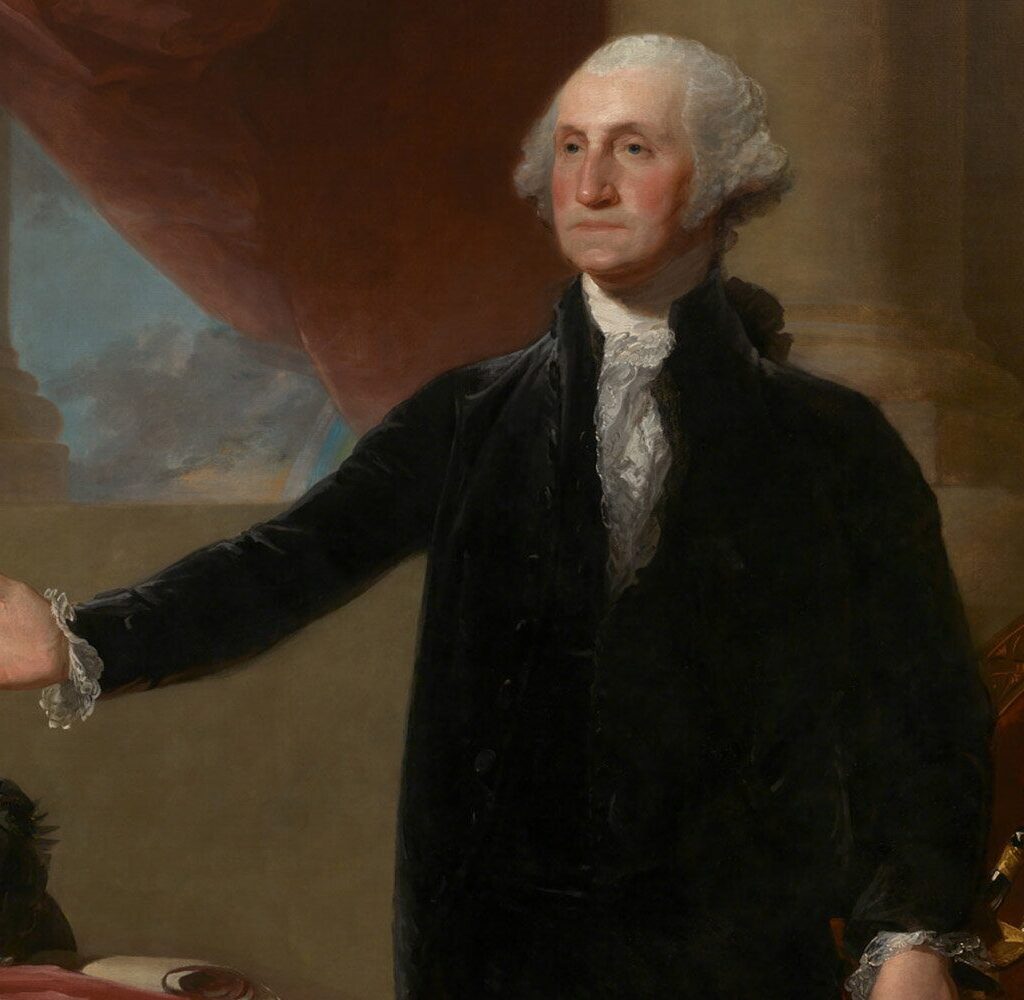
- Early Life and Family:
- Washington’s father, Augustine Washington, managed Virginia estates, and his mother was Mary Ball.
- His paternal lineage had some distinction, with an early forebear described as a “gentleman.”
- Despite family fortunes declining after the Puritan revolution in England, John Washington (Augustine’s grandfather) migrated to Virginia in 16571.
- American Revolution and Military Leadership:
- During the American Revolution (1775–83), Washington served as the commander-in-chief of the colonial armies.
- His leadership was crucial in securing American independence from Britain.
- He led troops through challenging battles, including the Battle of Yorktown, which ultimately led to victory.
- First President of the United States:
- In 1789, George Washington became the first President of the United States.
- His presidency (1789–1797) laid the foundation for the new nation.
- Washington’s leadership helped establish the executive branch, the Bill of Rights, and other essential institutions.
- Legacy as “Father of His Country”:
- Washington’s unwavering commitment to the cause of liberty earned him the title of “Father of His Country.”
- His leadership during the Revolutionary War and his role in shaping the young republic left an indelible mark.
- Mount Vernon and Retirement:
- After his presidency, Washington retired to his estate, Mount Vernon, in Virginia.
- He focused on agricultural pursuits and remained a respected figure in American society.
- Death and Enduring Influence:
- George Washington passed away on December 14, 1799 at Mount Vernon.
- His legacy continues to inspire generations, emphasizing the values of leadership, sacrifice, and patriotism.
George Washington’s contributions to the birth of the United States remain integral to its identity and ideals.
Jacob Zuma
Jacob Zuma, born on April 12, 1942 in Nkandla, South Africa, is a prominent South African politician with a multifaceted career. Here are the key highlights of his life:
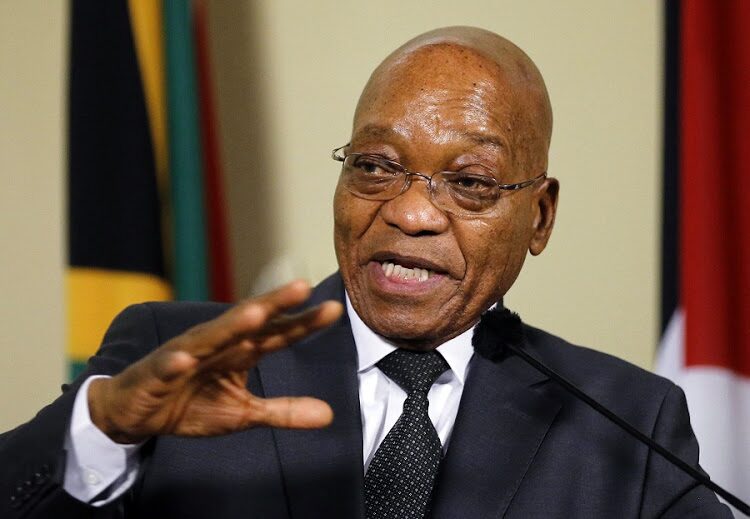
- Anti-Apartheid Activism and Imprisonment:
- Zuma received no formal schooling but joined the African National Congress (ANC) in 1959.
- He became part of the ANC’s military wing, Umkhonto we Sizwe (“Spear of the Nation”), in 1962.
- In 1963, he was arrested and sentenced to 10 years in prison on Robben Island for conspiring against South Africa’s apartheid government.
- After his release, he continued working for the ANC, setting up underground networks to recruit for Umkhonto we Sizwe.
- Exile and Continued Activism:
- In 1975, Zuma fled the country to escape arrest and operated from neighboring countries—first in Swaziland and then in Mozambique.
- Despite being in exile, he remained committed to the ANC cause.
- In 1987, he returned to South Africa after the government pressure forced him to leave Mozambique.
- ANC Leadership Roles:
- Zuma held several key positions within the ANC:
- ANC national executive committee member since 1977.
- Head of underground structures and head of the intelligence department.
- Elected chairperson of the southern Natal region.
- ANC deputy general secretary in 1991.
- Member of the executive committee for economic affairs and tourism in the newly created province of KwaZulu-Natal.
- Zuma held several key positions within the ANC:
- Presidency and Controversies:
- Zuma served as the fourth President of South Africa from 2009 to 2018.
- His presidency was marked by both achievements and controversies.
- He faced numerous corruption allegations that impacted his reputation.
- Legacy and Clan Names:
- Zuma is also known by his initials JZ and clan names Nxamalala and Msholozi.
Smriti Irani
Smriti Zubin Irani, born on March 23, 1976, is an Indian politician and former actress, fashion model, and television producer. Here are some key aspects of her life and career:
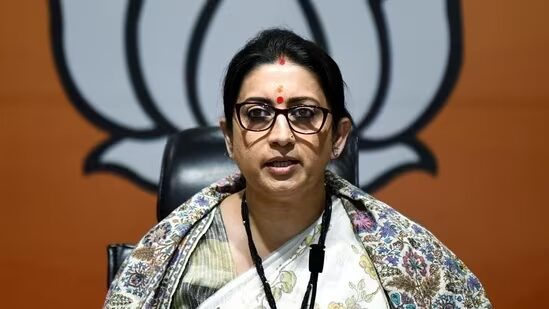
- Early Life and Education:
- Smriti Irani was born as Smriti Malhotra to a diverse family background.
- Her paternal lineage includes Punjabi and Maharashtrian heritage, while her maternal family has Bengali roots.
- She speaks several Indian languages, including Hindi, Bengali, Marathi, Gujarati, and Punjabi.
- Acting Career and Transition to Politics:
- Before entering politics, Smriti Irani gained fame as an actress.
- She starred in the popular television serial “Kyunki Saas Bhi Kabhi Bahu Thi”, where she portrayed the central character of Tulsi.
- Her journey from the entertainment industry to politics is remarkable.
- Political Roles and Achievements:
- Smriti Irani joined the Bharatiya Janata Party (BJP) in 2003.
- She has held various ministerial positions:
- Minister of Human Resource Development (2014–2016)
- Minister of Textiles (2016–2021)
- Minister of Information and Broadcasting (2017–2018)
- Minister of Women and Child Development (since 2019)
- Minister of Minority Affairs (since 2022, as the first non-Muslim to hold this position)
- Parliamentary Journey:
- Smriti Irani has been a member of parliament since 2011.
- She served in the Rajya Sabha from Gujarat (2011–2019) and currently represents the Amethi constituency in Uttar Pradesh in the Lok Sabha.
- Notably, she defeated opposition leader Rahul Gandhi in the 2019 elections.
- Leadership within BJP:
- She was the National President of the BJP Mahila Morcha (the party’s women’s wing) from 2010 to 2013.
Abraham Lincoln
Abraham Lincoln, born on February 12, 1809, near Hodgenville, Kentucky, U.S., was the 16th President of the United States (1861–65). His remarkable life story and enduring legacy continue to captivate people around the world. Here are some key points about this iconic leader:
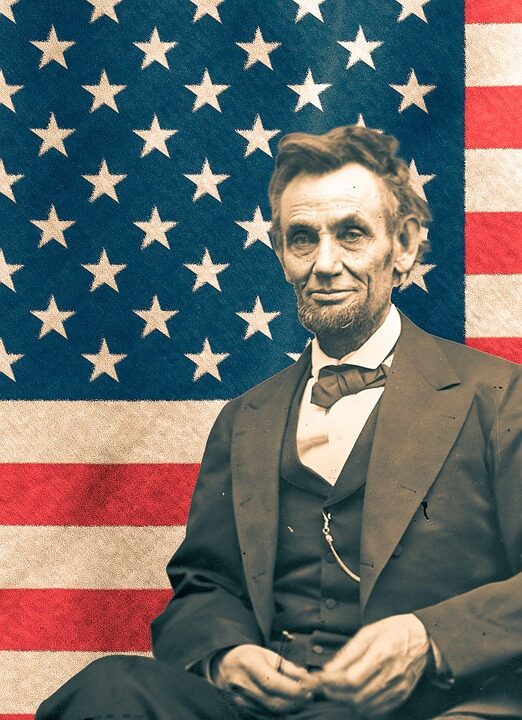
- Preserving the Union and Emancipation:
- As President, Lincoln faced the immense challenge of preserving the Union during the American Civil War.
- His unwavering commitment to this cause led to significant victories for the Union forces.
- Lincoln is also celebrated for issuing the Emancipation Proclamation in 1863, which declared enslaved people in Confederate-held territories to be free.
- Rise from Humble Origins:
- Lincoln’s journey from humble beginnings to the highest office in the land is legendary.
- His eloquence as a spokesman for democracy resonates even today.
- He believed that the Union was worth saving not only for its own sake but because it embodied the ideal of self-government.
- Assassination and Legacy:
- Tragically, Lincoln’s life was cut short when he was assassinated on April 15, 1865, in Washington, D.C.
- His legacy endures due to his role as the savior of the Union and the emancipator of enslaved people.
- His speeches, including the Gettysburg Address, continue to inspire generations.
- Nicknames and Honors:
- Lincoln is affectionately known as “Honest Abe”, the Rail-Splitter, and the Great Emancipator.
- He was posthumously inducted into the Hall of Fame in 1900.
Frederick Douglass
Frederick Douglass, born as Frederick Augustus Washington Bailey around February 1818 in Talbot County, Maryland, U.S., was an extraordinary African American abolitionist, orator, newspaper publisher, and author. His life story is both inspiring and impactful:
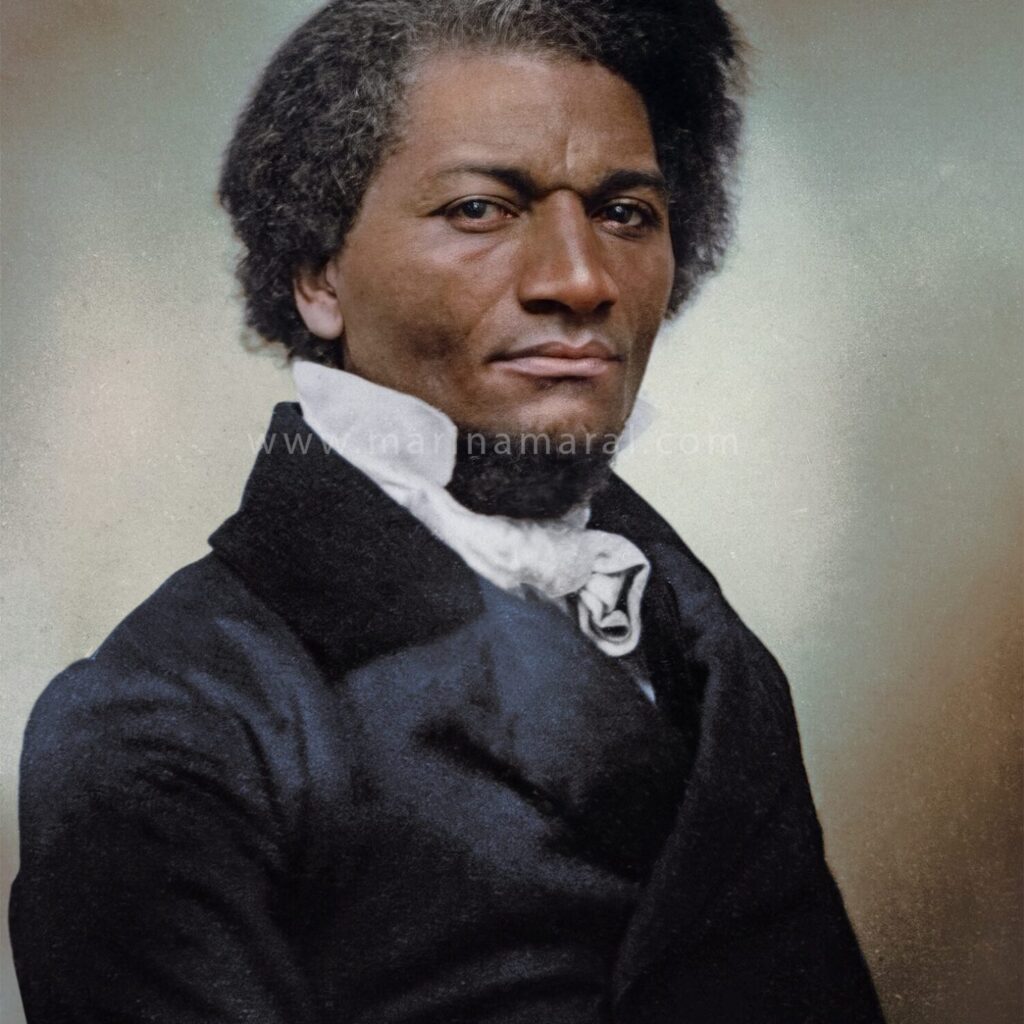
- Early Life and Enslavement:
- Douglass was born into slavery on Holme Hill Farm.
- Although the exact date of his birth was not recorded, he celebrated it on February 14.
- Despite being denied formal education, Douglass secretly learned to read and write.
- Escape to Freedom:
- In the 1830s, Douglass escaped to the North, leaving behind the chains of slavery.
- His journey to freedom was perilous, but he emerged as a powerful advocate for abolition.
- Abolitionist Movement and Activism:
- Douglass worked alongside other abolitionists, including William Lloyd Garrison.
- His eloquence and passion made him a prominent voice against slavery.
- His first autobiography, “Narrative of the Life of Frederick Douglass, an American Slave, Written by Himself”, became a seminal work in the abolitionist movement.
- Leadership and Influence:
- Douglass became a leader in the fight for African-American civil rights during the 19th century.
- He used his oratory skills and writings to challenge the status quo and advocate for justice.
- Photography and Legacy:
- Douglass was the most photographed American man of the 19th century.
- His legacy endures as a symbol of resilience, courage, and the pursuit of equality.
Karunanidhi
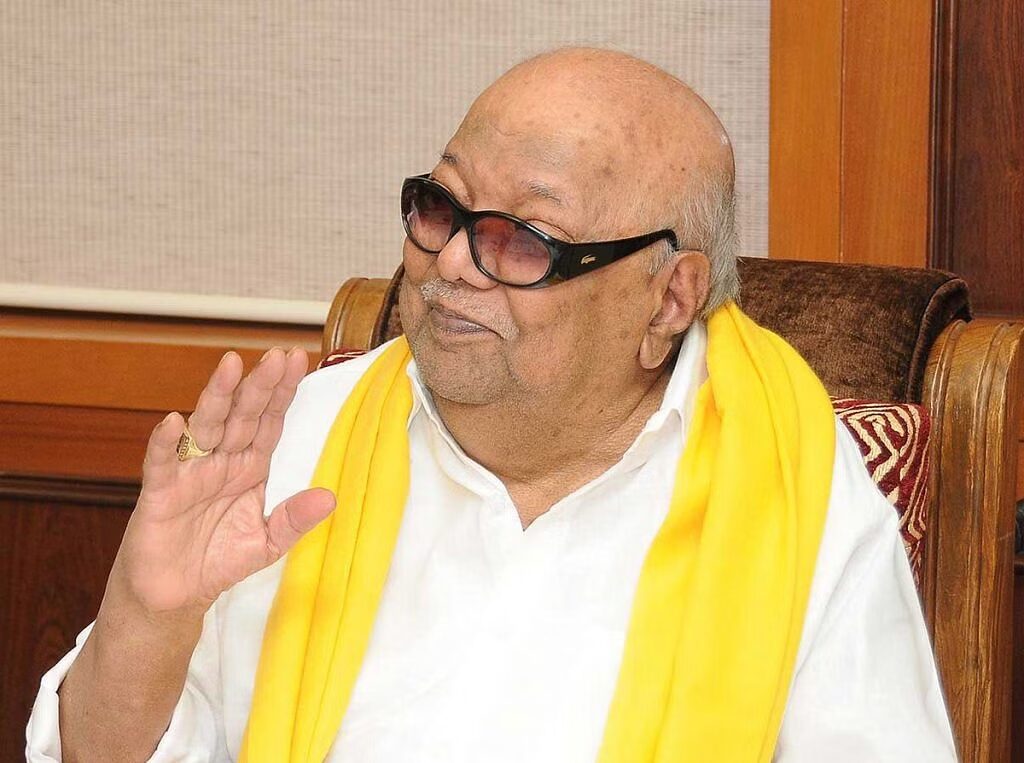
Muthuvel Karunanidhi, born on June 3, 1924, was an Indian writer and politician who made significant contributions to Tamil literature. He served as the Chief Minister of Tamil Nadu for nearly two decades across five terms, spanning from 1969 to 2011. Fondly known as Kalaignar (meaning “Artist”) and Mutthamizh Arignar (which translates to “Tamil Scholar”), Karunanidhi left an indelible mark on the political landscape of Tamil Nadu
Here are some key points about his life and career:
- Political Career:
- Karunanidhi was a founding member of the Dravida Munnetra Kazhagam (DMK) political party in 1949.
- He held the position of President within the DMK for several decades.
- As Chief Minister, he led Tamil Nadu through various critical phases, addressing social, economic, and cultural issues.
- Literary Contributions:
- Apart from his political endeavors, Karunanidhi was an accomplished writer.
- His literary works spanned various genres, including poetry, plays, and screenplays.
- His deep understanding of Tamil language and culture earned him the title of “Mutthamizh Arignar”.
- Personal Life:
- Karunanidhi was married to three women: Padmavathi Ammal, Dayalu Ammal, and Rajathi Ammal.
- He had six children, including prominent political figures like M. K. Muthu, M. K. Alagiri, M. K. Stalin, and Kanimozhi Karunanidhi.
Omar al-Bashir
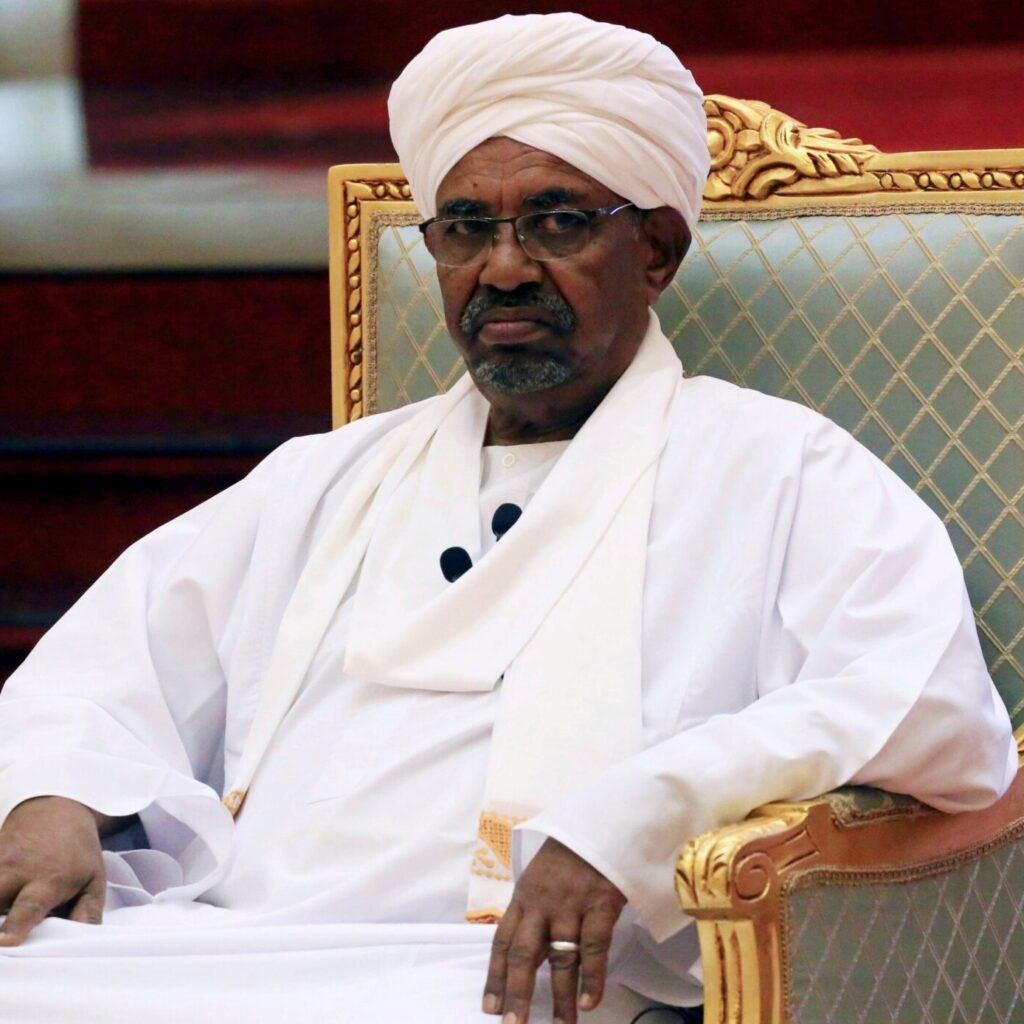
Omar Hassan Ahmad al-Bashir, born on January 1, 1944, is a Sudanese former military officer and politician who held various titles as Sudan’s head of state from 1989 until 2019. His tenure came to an end when he was deposed in a coup d’état. Subsequently, he faced incarceration, trial, and conviction on multiple corruption charges.
Here are some key points about his life and career:
- Rise to Power:
- In 1989, as a brigadier general in the Sudanese Army, al-Bashir led a group of officers in a military coup that ousted the democratically elected government of Prime Minister Sadiq al-Mahdi.
- He subsequently replaced President Ahmed al-Mirghani as head of state.
- Presidential Terms:
- Al-Bashir was elected three times as president, although these elections faced scrutiny for electoral fraud.
- He served as Sudan’s president from 1993 until 2019.
- During his presidency, he founded the National Congress Party, which remained the dominant political party in Sudan until 2019.
- International Controversy:
- In March 2009, al-Bashir became the first sitting head of state to be indicted by the International Criminal Court (ICC). The charges were related to his alleged direction of a campaign of mass killing, rape, and pillage against civilians in Darfur.
- His career was marked by war and authoritarian rule, as he governed Sudan with an iron fist
Abdelaziz Bouteflika
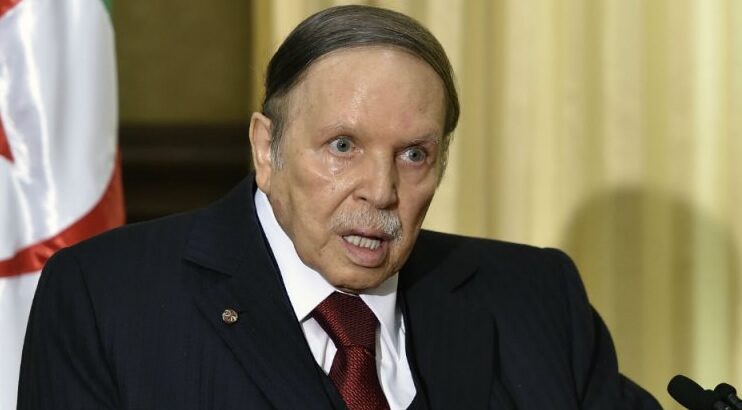
Abdelaziz Bouteflika, born on March 2, 1937, was an Algerian politician and diplomat who served as the seventh president of Algeria from 1999 until his resignation in 2019 12. Here are some key points about his life and career:
- Early Life and Independence Struggle:
- Bouteflika was born in Oujda, French Morocco.
- During the Algerian War, he was a member of the National Liberation Front (FLN), actively participating in the struggle for Algeria’s independence from France.
- Minister of Foreign Affairs:
- After Algeria gained independence, Bouteflika held the position of Minister of Foreign Affairs from 1963 to 1979.
- His diplomatic career included serving as President of the United Nations General Assembly during the 1974–1975 session.
- Presidential Terms:
- In 1999, Bouteflika was elected president of Algeria in a landslide victory.
- He secured re-elections in 2004, 2009, and 2014.
- As president, he played a crucial role in ending the Algerian Civil War in 2002 and lifting the emergency rule in February 2011 during regional unrest.
- Challenges and Resignation:
- Following a stroke in 2013, Bouteflika made few public appearances during his fourth term.
- He resigned on April 2, 2019, after months of mass protests.
- With nearly 20 years in power, he remains the longest-serving head of state in Algeria’s history.
- Legacy and Passing:
These leaders prove that formal education is not the sole path to success in politics and public service.
You May Also Like
- Weirdest Inventions Ever Made: You would never believe they exist!!!!
- 10 Most Weirdest and Wondrous Museums Around the Globe
- 10 Festivals Around the World You Won’t Believe Existed.
- 10 Most Weird Sports Around the Globe
FAQs
- Who is the least educated president in the world?
- Top 10 Least Educated Presidents in Africa Ever
- Top 10 least educated African Presidents currently
- Who was the most educated president?
- Who was the most educated president?


